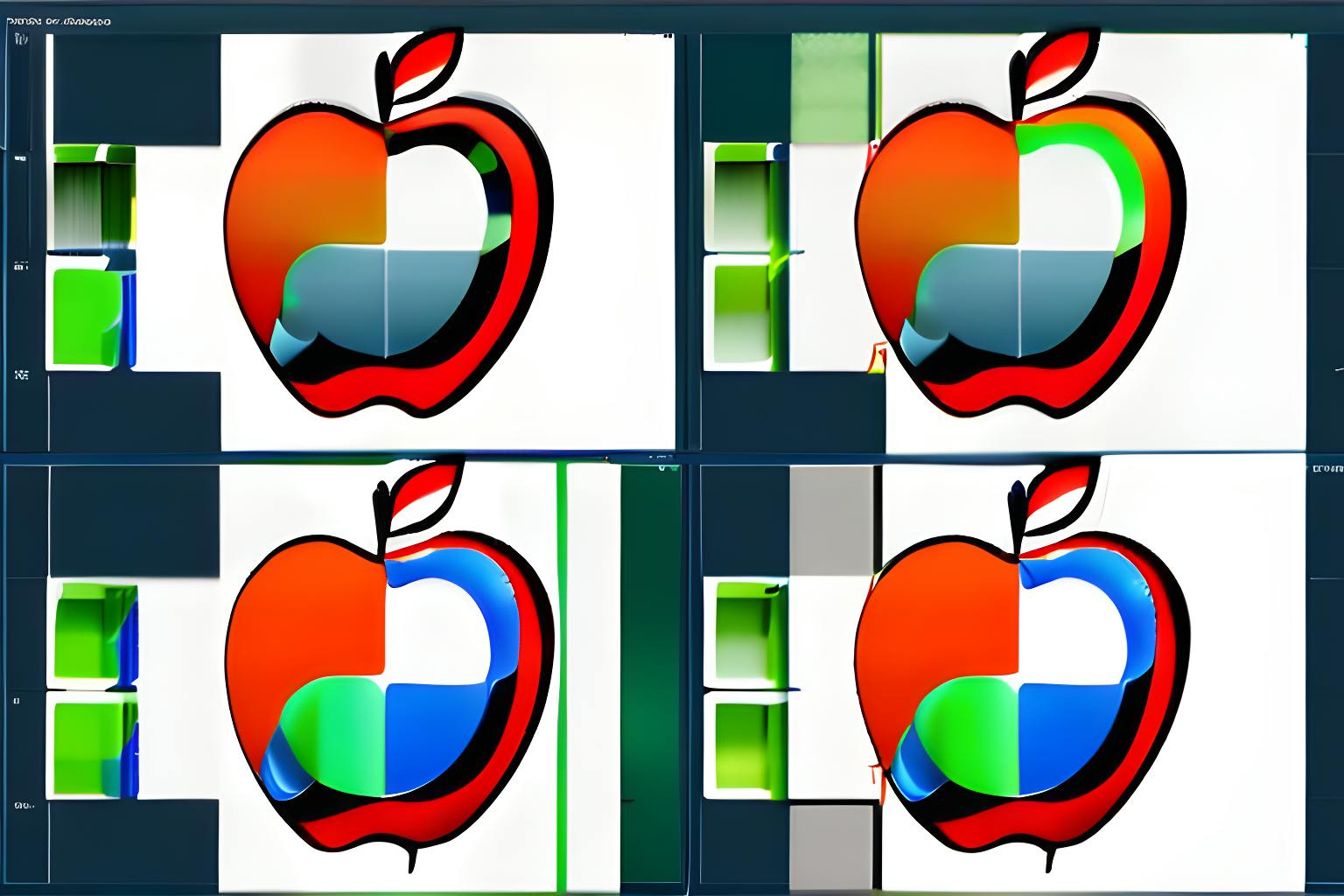Apple vs. FBI (2016) Court Filing, retrieved on February 16, 2016, is part of HackerNoon’s Legal PDF Series. You can jump to any part in this filing here. This part is 6 of 17.
1. Apple is not "far removed" from this matter
First, Apple is not "so far removed from the underlying controversy that its assistance could not be permissibly compelled." Apple designed, manufactured and sold the SUBJECT DEVICE, and wrote and owns the software that runs the phone which software is preventing the execution of the warrant. Indeed, Apple has positioned itself to be essential to gaining access to the SUBJECT DEVICE or any other Apple device, and has marketed its products on this basis. Apple designed and restricts access to the code for the auto-erase function the function that makes the data on the phone permanently inaccessible after multiple failed passcode attempts and thus effectively prevents the government from attempting to execute the search warrant without Apple's assistance. The same software Apple is uniquely able to modify also controls the delays Apple implemented between failed passcode attempts which makes the process take too long to enable the access ordered by the court. Especially but not only because iPhones will only run software cryptographically signed by Apple, and because Apple restricts access to the code of the software that creates these obstacles, there is no other party that has the ability to assist the government in preventing these features from obstructing the search ordered b y the court pursuant to the warrant.
Apple is also not made "far removed" by the fact that it is a While
Continue Reading Here.
About HackerNoon Legal PDF Series: We bring you the most important technical and insightful public domain court case filings.
This court case No. 15-0451M retrieved on September 25, 2023, from archive.epic.org is part of the public domain. The court-created documents are works of the federal government, and under copyright law, are automatically placed in the public domain and may be shared without legal restriction.

